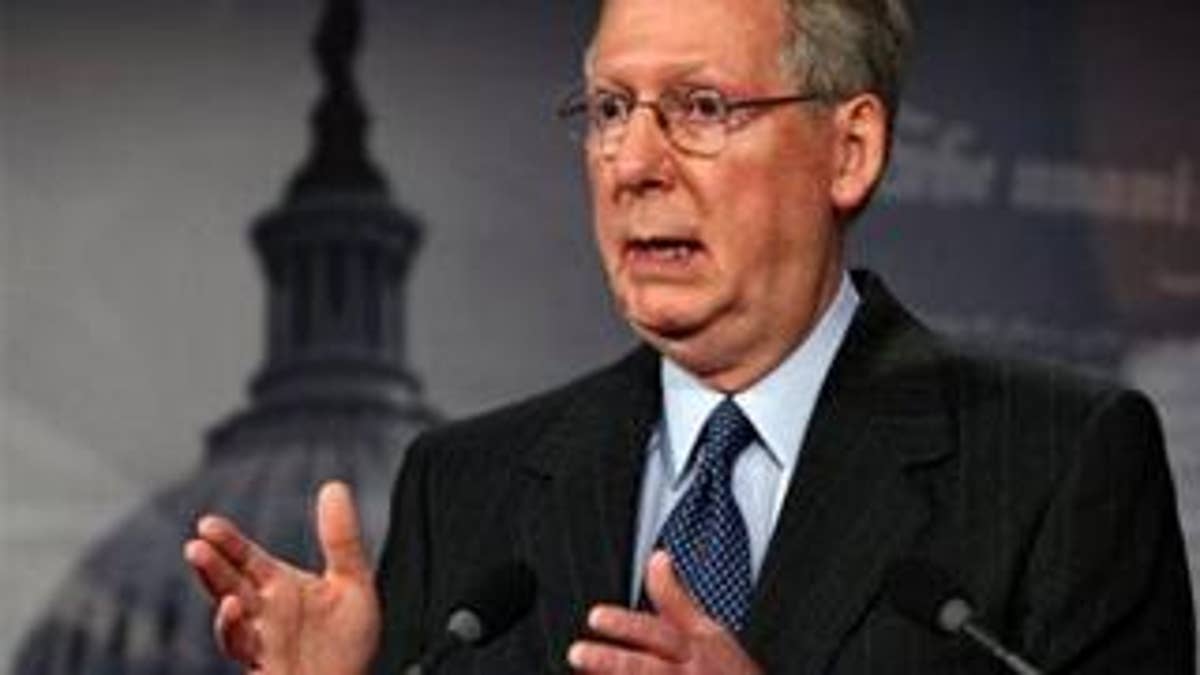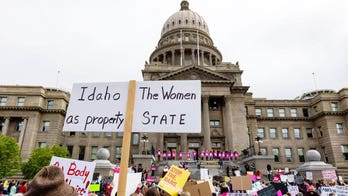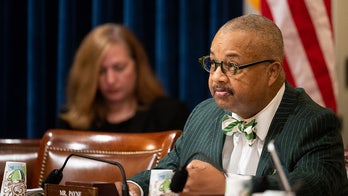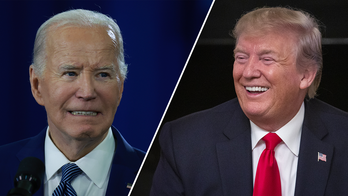
Senate Republican leader Mitch McConnell on Monday demanded an amendment to the mammoth economic stimulus package to give government-backed, low-interest loans to homeowners -- a revision that he says will both increase the demand for houses and boost the average household income.
"We believe that a stimulus bill must fix the main problem first and that's housing," McConnell told reporters Monday in introducing a plan to offer fixed mortgages of 4 percent to "any credit-worthy borrower."
Under the "Fix Housing First Act" -- an amendment spearheaded by both McConnell and Republican Sen. Lamar Alexander of Tennessee -- new and refinanced mortgages would be available to homeowners for 4 to 4.5 percent.
The amendment will require banks to issue these lower fixed-rate mortgages on primary residences, "both for new homes purchases and for refinances mortgages for responsible homeowners."
And to encourage banks to issue these mortgages, the government will direct Fannie Mae and Freddie Mac to purchase these newly originated loans. Homeowners already holding loans from Fannie and Freddie would also qualify, according to the proposal.
In a radio address Saturday, McConnell said his plan would allow the average family to see its monthly mortgage payment drop by $466 a month, or $5,600 a year. He said that over the life of a 30-year loan, that's a savings of $167,760.
The House passed an $819 billion version of Obama's stimulus proposal last week and the Senate version being debated this week is even larger -- $900 billion. But most troubling to Republicans -- and even some Democrats -- is that no money is allocated in the proposal to go directly toward foreclosure relief and the housing crisis, aside from a $7,500 tax credit for first-time home buyers.
Lowered-mortgage payments would put more disposable income into the hands of recession-battered households, McConnell said on the same day a staggering report showed consumer spending fell for a record sixth straight month in December.
Last October, the government created the Troubled Assets Relief Program (TARP) to purchase or insure up to $700 billion of "troubled" assets from banks and other financial institutions in an effort to encourage banks to resume lending at levels seen before the economic downturn. But banks have been slow to lend, in part because many Americans cannot afford current mortgage costs and have committed to saving their money rather than spending it.
A similar proposal to McConnell's to offer government-backed low-income loans was made by home builders last October, but the plan -- which applied only to first-time home owners -- garnered little support.
McConnell has now expanded the idea to include millions more homeowners, including those looking to refinance.
But the Senate minority leader's proposed tonic to boost the economy might make a damaged financial system even worse, some economic analysts say.
"McConnell's 4 percent proposal would allow for several trillions of dollars of mortgages to be refinanced and that would overwhelm the mortgage system," said Bert Ely, President of Ely and Company, a financial institutions and monetary policy consulting firm.
"It might sound good, conceptually, but it's simply not feasible and would have a lot of unintended consequences," he said.
Ely said McConnell's plan would be costly for taxpayers as it would require a lot of labor and expense to implement it. And it would offer little financial relief to renters or people who already own their homes, he said.
"It would be very disruptive to the banks," Ely added. "One of the major problems they have right now is finding the right borrowers, and McConnell's proposal would pull a lot of lending from their books."
Ely said it would be a lot simpler to for the government to send people a mortgage check instead.
"It's a terrible idea," added John Tamney, a senior economist at H.C. Waintright Economics in Washington.
"I've always voted Republican, but Republicans have lost their mind on this. It would put more money into the debt economy. The more money that goes there, the less money there is for the entrepreneurial economy," Tamney said.
But McConnell said the proposal, developed by former Bush economic adviser Glenn Hubbard, would make a difference for families as would tax cuts that lower the 10 percent rate to 5 percent and the 15 percent rate to 10 percent.
"We also think a second part of a package that will actually do the job, that is -- that is timely, temporary and targeted, would put money back in people's hands directly," he said.
He added that he would not like to see the rest of the TARP money being used to decide winners and losers in the financial markets.
"I do, at the risk of being redundant, think that we ought not to start ... dictating everything they can do in their businesses. That's not a great way for them to recover; it's not a great way for them to raise private capital if they're really not running the business, we are," he said.




